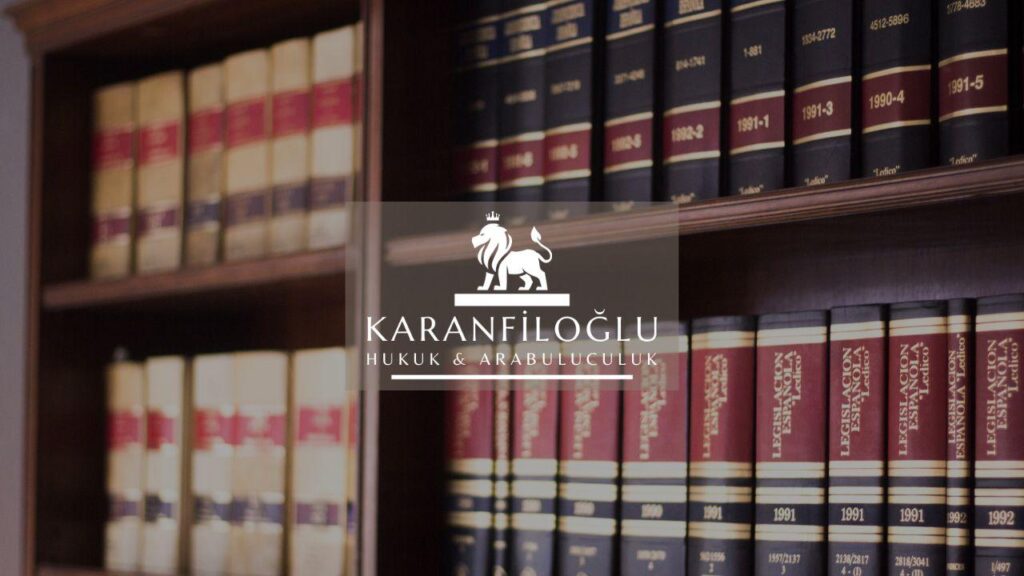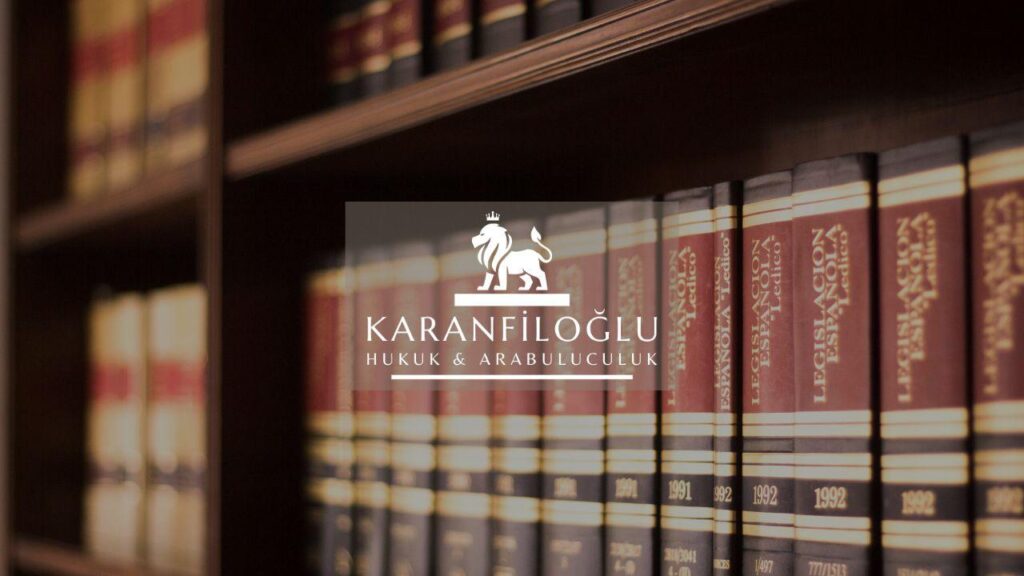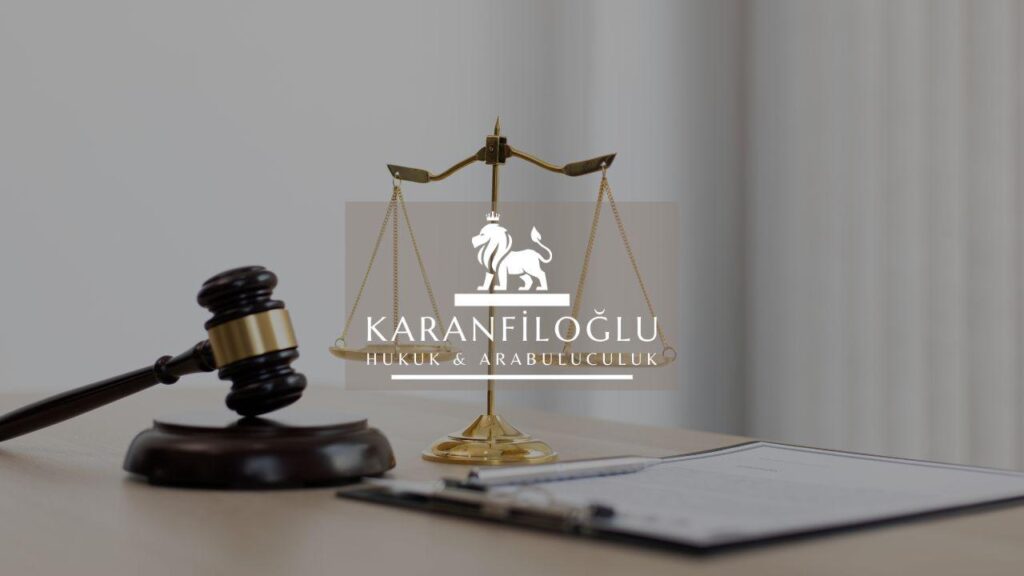Navigating the complexities of international trade law can be challenging for businesses engaged in cross-border transactions, especially in a dynamic legal landscape like Turkey. At Karanfiloglu Law Office, we understand that comprehending the nuances of Turkish trade regulations is paramount for ensuring compliance and optimizing business operations. This blog post aims to shed light on the key considerations for international trade law in Turkey, including the regulatory framework, tariff structures, import and export controls, and dispute resolution mechanisms. Whether you are an established multinational company or a growing enterprise looking to explore Turkish markets, awareness of these critical aspects will equip you with the knowledge needed to mitigate risks and capitalize on opportunities.
Regulatory Compliance and Import-Export Laws
Regulatory compliance in Turkey’s international trade landscape necessitates a thorough understanding of its intricate import-export laws. Turkish trade legislation mandates that businesses comply with regulations set by various governmental bodies, including the Ministry of Trade and the Turkish Customs Authority. Companies must adhere to stringent guidelines regarding customs procedures, documentation, and the classification of goods under the Harmonized System (HS) codes. Additionally, Turkey has specific import and export licensing requirements that businesses must fulfill to legally transfer goods across borders. Non-compliance can result in severe penalties, ranging from fines to the suspension of trading licenses. At Karanfiloglu Law Office, our team provides expert guidance to ensure that your business navigates these regulations seamlessly, thereby fostering smooth and lawful international transactions.
Alongside adhering to compliance laws, importers and exporters must also be vigilant about anti-dumping measures and trade remedies that Turkey may impose or be subject to. These measures are designed to protect domestic industries from unfair competition and can include additional duties on specific goods. Turkish authorities may conduct investigations to determine if foreign goods are being dumped into the market at unfair prices or subsidized by foreign governments. Moreover, businesses engaged in international trade must stay informed about Turkey’s free trade agreements (FTAs) and customs unions, particularly with the European Union, as these agreements can significantly affect tariff rates and market access. At Karanfiloglu Law Office, we assist clients in understanding the impact of these protective measures and leveraging FTAs, thereby ensuring that their trade activities comply with both domestic and international regulations.
Effective dispute resolution mechanisms are crucial for handling conflicts that may arise in international trade transactions. In Turkey, businesses have several options, including litigation, arbitration, and mediation. Litigation involves settling disputes through the Turkish court system, which can be time-consuming and complex. Arbitration, on the other hand, offers a more flexible and private way to resolve disputes, often preferred for its faster resolution and enforceable awards under international conventions, such as the New York Convention. Mediation serves as an alternative by promoting amicable settlements through facilitated negotiations. At Karanfiloglu Law Office, our experienced legal team advises clients on the most suitable dispute resolution avenues based on the specifics of their case, aiming to protect their best interests while maintaining smooth business operations. We also assist in drafting clear, comprehensive contracts to preemptively mitigate potential disputes, ensuring that your international trade activities proceed with minimal legal hindrance.
Dispute Resolution Mechanisms and Arbitration
In the context of international trade in Turkey, understanding the dispute resolution mechanisms available can significantly influence the outcome of business conflicts. Turkey offers a robust framework for both litigation and alternative dispute resolution methods like arbitration and mediation. The Turkish legal system upholds the enforceability of foreign arbitral awards under the New York Convention, to which Turkey is a signatory. Additionally, the Istanbul Arbitration Center (ISTAC) serves as a prominent institution for resolving international commercial disputes efficiently and impartially. At Karanfiloglu Law Office, we recognize the importance of choosing the right forum for dispute resolution, whether through traditional court proceedings or arbitration, to ensure that our clients’ interests are protected and their commercial objectives are achieved swiftly and effectively.
Moreover, arbitration in Turkey is particularly advantageous for international businesses, providing a neutral ground with specialized arbitrators who possess substantial expertise in various trade law domains. The ability to choose a forum with tailored procedural rules and confidentiality makes arbitration an appealing option for resolving complex trade disputes. ISTAC’s rules are designed to facilitate swift and efficient arbitration proceedings, ensuring fairness and minimizing delays. Furthermore, arbitration awards rendered in Turkey are recognized and enforceable in multiple jurisdictions, significantly aiding international companies in executing judgments. At Karanfiloglu Law Office, we assist our clients in navigating the arbitration process, from drafting robust arbitration clauses to representing their interests during proceedings and ensuring enforcement of awards, thereby offering a comprehensive dispute resolution strategy tailored to the nuanced requirements of international trade.
When it comes to mediation, Turkey has also strengthened its framework to support amicable settlement of disputes in international trade. The introduction of mandatory mediation for certain commercial disputes reflects Turkey’s commitment to fostering a business-friendly environment. Mediation provides a less adversarial and often more cost-effective means of dispute resolution, which can help preserve business relationships. At Karanfiloglu Law Office, we guide our clients through the mediation process, striving for outcomes that are mutually beneficial and aligned with their strategic objectives. Our expertise encompasses representing clients in mediation sessions, drafting settlement agreements, and ensuring that the terms are legally binding and enforceable. By leveraging the mediation and arbitration frameworks available in Turkey, international businesses can effectively manage and resolve disputes, allowing them to focus on growth and innovation in the Turkish market.
Impact of Turkish Trade Policies and Tariffs
Understanding the impact of Turkish trade policies and tariffs is crucial for any business involved in international trade with Turkey. Turkish regulations are designed to protect domestic industries while fostering economic growth through strategic alliances and trade agreements. The country has implemented various tariff structures that can affect the cost and efficiency of importing and exporting goods. For instance, businesses must navigate customs duties, value-added taxes, and potential anti-dumping measures that Turkey may impose to curb unfair trade practices. Additionally, Turkey’s membership in the World Trade Organization (WTO) and its customs union with the European Union necessitate adherence to international trade standards, which can offer both challenges and opportunities for businesses. Staying informed about these policies will help companies anticipate costs, streamline operations, and maintain compliance with Turkish trade laws.
Another essential aspect to consider is the fluctuation of tariff rates based on bilateral and multilateral trade agreements Turkey is a party to. These agreements can significantly alter the landscape of trading costs. For example, the Customs Union Agreement with the European Union facilitates duty-free access for most industrial products, reducing the financial burden for companies importing from or exporting to EU countries. Conversely, trade with non-EU countries may be subject to higher tariffs unless specific free trade agreements are in place. Additionally, Turkish trade policies often adjust in response to global economic shifts and political landscapes, requiring businesses to stay vigilant about policy updates and amendments. By closely monitoring these variables, companies can better strategize their market entries and manage expenses associated with international trade.
Navigating Turkey’s trade policy landscape also necessitates a thorough understanding of the various incentives and exemptions available to businesses. Turkey offers numerous trade incentives, such as bonded warehousing, inward processing regimes, and free trade zones, which allow companies to defer or even eliminate certain import duties and taxes. These incentives are designed to boost investment in specific sectors and encourage the establishment of export-oriented businesses within the country. Moreover, companies engaging in research and development (R&D) activities may benefit from additional tax exemptions and grants aimed at fostering innovation. Leveraging these opportunities requires careful planning and expert legal guidance to ensure compliance and maximize benefits. At Karanfiloglu Law Office, our expertise in Turkish trade law can help your business identify and utilize these incentives effectively, ensuring competitive advantages in the global marketplace.
Disclaimer: This article is for general informational purposes only and you are strongly advised to consult a legal professional to evaluate your personal situation. No liability is accepted that may arise from the use of the information in this article.







